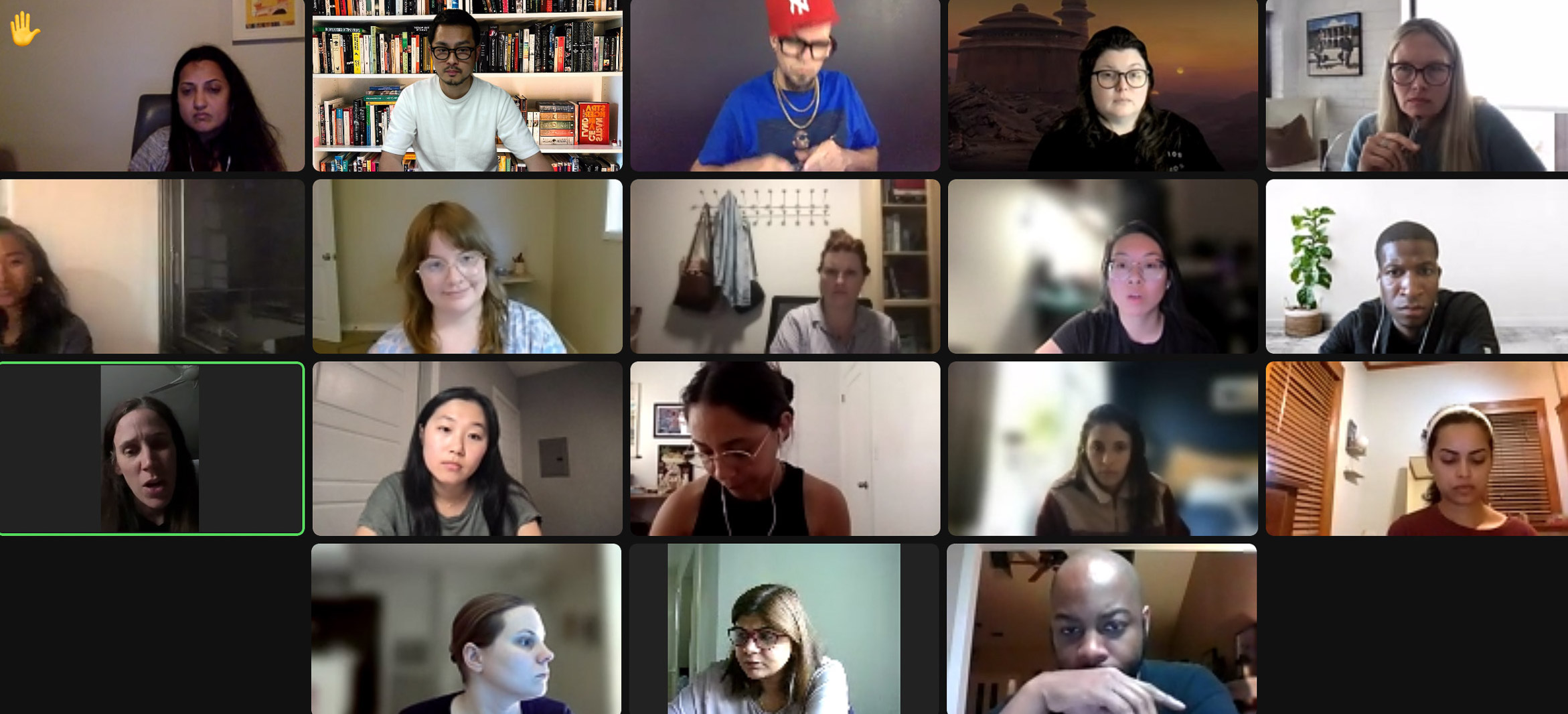*This article was originally written in Japanese and translated into English using ChatGPT (AI translation).
—
Like many others, I find myself endlessly scrolling through YouTube and Instagram short videos without even realizing it. Among those, one of my all-time favorites is a SpaceX clip of a booster rocket being caught by the launch pad’s “chopsticks.” This massive booster rocket, akin to a 20-story, 250-ton building, lifts off from the launch pad, propels a spacecraft 81 kilometers above the Earth, and then descends back to Earth, reigniting its engines just above the ground to correct its trajectory and land back on the pad. Initially, I thought it might be a trendy AI-generated video, but no—it’s undeniably real.
Elon Musk’s grand challenge is to make humanity a “multiplanetary species,” meaning enabling humans to live on planets other than Earth. His vision imagines a future where even if something catastrophic happens to Earth, humanity won’t face extinction. It’s an elegant, ambitious, and undeniably cool vision.
To realize this monumental challenge, Musk first founded Tesla. Yes, to make humanity a multiplanetary species, he started an electric car company. This move alone is beyond the imagination of ordinary people. What’s even more remarkable is Tesla’s success. A company founded in the 21st century, in just over 20 years, has surpassed the market capitalization of any traditional car manufacturer worldwide. This success is rooted in the fact that Tesla is not merely challenging the automotive industry but challenging the very idea of humanity becoming a multiplanetary species. This allowed them to break away from traditional norms and create an entirely new kind of car company.
Around the same time, Musk founded SpaceX, leveraging Tesla’s financial success to fund its operations. In less than 20 years, SpaceX has achieved stable crewed flights to the ISS, overturned the conventional satellite launch business with reusable booster rockets, and accomplished a series of other groundbreaking feats—all because, again, they are not merely challenging the space industry but striving to make humanity a multiplanetary species.
Returning to the short videos I love, it’s not just the successful landings of the booster rockets that captivate me but also the failed landing attempts. In the early days, rockets missed their target, descended too quickly, landed at awkward angles, or failed to shut off their engines, resulting in spectacular Hollywood-style explosions. Alongside these dramatic failures, footage of the control center shows a surprising reaction: the team cheers and applauds enthusiastically. There’s a positivity and clarity of purpose that’s inspiring.
The reason for their celebration is that every explosion represents an opportunity to learn, gain additional data, and move closer to their goal. These explosions are not failures but milestones confirming what didn’t work and driving progress—an undeniable success in their eyes.
The energy derived from the enormous challenge of making humanity a multiplanetary species drives Tesla and SpaceX to understand their purpose, identify what they need to do, and execute with unprecedented methods and speed. This ensures that their progress meets societal needs: selling electric cars, launching rockets, and creating viable businesses.
Recent news highlights Tesla’s entry into the autonomous robotaxi business, which may revolutionize global transportation with an unimaginable pace and approach. SpaceX, meanwhile, has launched over 6,000 small communication satellites, enabling high-speed internet access for passengers on flights worldwide. Soon, we might hear flight announcements advising passengers to avoid disturbing others with video calls during the journey.
This “circular structure of progress driven by a grand challenge” attracts global investment while achieving technological advancements, sharing experiences, and expanding human potential. It’s a testament to humanity’s evolution.
Now, as a principle for my future activities, I want to adopt the idea that “if an activity is rooted in a grand challenge, every action becomes progress.”
In today’s world, we often hear that people and organizations must “learn to fail.” While this idea doesn’t entirely resonate with me, I believe the core message is to embrace small failures and grow through them. However, for established individuals or organizations with significant experience and achievements, suddenly becoming comfortable with failure might not be realistic.
Instead, if we reframe it as, “Every experience and result, including potential failures, is progress toward success because we are pursuing a grand challenge,” I think it becomes achievable. Especially in this transitional era between conventional and future norms, this perspective feels empowering.
The COVID-19 pandemic, the growing accessibility of global content transcending language barriers, and rapid advancements in AI technology have shown that the definition of “success” is no longer singular. The world has reached a turning point, where established values and structures are being reexamined.
There’s no need to reset all past experiences and achievements to zero. Instead, declaring a grand challenge—something that validates everything accomplished so far—can provide a durable axis for future endeavors. Recognizing that we have always been progressing and will continue to progress allows us to maintain our identity while confidently embracing the future. This approach, though it may involve spectacular failures, could lead to humanity’s evolution.
Anchorstar celebrates its 10th anniversary this year. We extend our heartfelt gratitude to our clients, partner companies, our dedicated team members, and their supportive families who have contributed to our journey so far.
Since its establishment in 2015, Anchorstar has aimed to support global companies entering Japan. With this milestone, we renew our commitment to the following:
Our Purpose and Vision: Envision More
We believe in expanding possibilities by “envisioning more” and challenging rigidity in the status quo. With this belief, we are committed to engaging with every person and organization we work with.
Our Mission: Momentum for Progress
We prioritize progress in every challenge and dedicate ourselves to creating the momentum needed to achieve it.
We wish you a year full of challenges and progress in 2025. Thank you for your continued support.
Anchorstar Inc.
Taro Kodama









